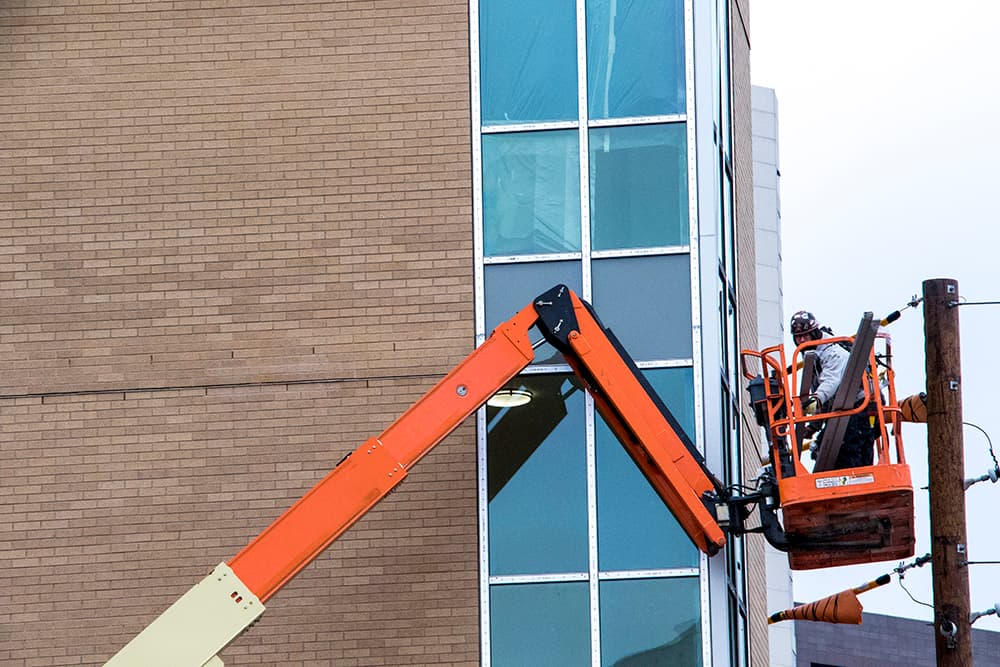Housing advocates and some members of Denver City Council have pushed for months for the city to dedicate more money for affordable housing. This week, they got a sign.
The city's administration is currently working on an "in-depth analysis" of how the city might find new funding to develop and preserve affordable homes.
It's not a commitment, but it will certainly influence the conversation about affordable housing moving forward.
The current plan:
Currently, the city has set aside about $15 million per year for the next decade toward its affordable housing fund. That money comes from a property tax and a fee on new construction.
With that money, the city could create or preserve about 3,000 affordable units over the next five years, according to a draft plan. The plan also calls for various other help for tens of thousands more households.
The largest share of the money will be focused on people with the lowest incomes, below 30 percent of the area median income.
What advocates are asking for:
One plan, put forward by the group All in Denver, wants the city to take on more debt to pay for more housing. One of its options would bring in $150 million without raising taxes, it claims. Another would raise property taxes to allow $300 million in new funding. The group said a half-mill increase -- about $12 per year for the average homeowner -- would do the trick, according to a city presentation.
Council President Albus Brooks also has said he wants to see more money in the fund. He has suggested that the city could refinance old debt, freeing up more room to take on new debt. But that plan could be affected by the new tax law, he said in a text message.
"I hope we can still pull it off, but waiting to hear from analysts," he wrote last week.
How the city has responded:
The latest draft of the five-year housing plan says that the city is looking seriously at the option of taking on new bonds, and other options.
"The analysis will include the current pay-as-you-go funding resource compared to issuing bonds utilizing varying mill rates and issuance schedules," it states. Agencies including the finance department and the city attorney's office are conducting the analysis.
The analysis also will look at how any new debt would affect the city's credit ratings and the taxpayer burden. That should be done sometime in the second quarter of the year, which starts in March.
In fact, city staff have been analyzing those options as far back as November, and it's a topic they've discussed with the Housing Advisory Committee.
The administration is "committed to further exploring additional funding through thorough analysis" but has "not made any official commitments," wrote spokeswoman Jenna Espinoza in an email to Denverite.
Previously, Mayor Michael Hancock warned council members that the city's residents are cautious about new debt.
“Our people are tired of being nickel and dimed,” he said last month. The recent $1 billion bond package might not have passed if it had required higher taxes, he said.
“That’s the reality that we’re dealing with,” he added.
What's next?
You can view the latest version of the housing report here. It passed the council's housing committee this week on a 6-1 vote, with Councilman Rafael Espinoza opposing.
The five-year plan heads to Denver City Council on Feb. 20, a Tuesday, when the public will be allowed to comment during a one-hour public hearing.
We may see a push for more specificity in the plan's goals. "There was a lot of language about 'explore, investigate, research', and council wanted to see more language about 'doing,'" said Councilwoman At-large Robin Kniech during a committee meeting on Thursday.
Bennie Milliner, a longtime administration member who previously headed Denver's Road Home, said that the "council was clear that they need to see more urgency."












